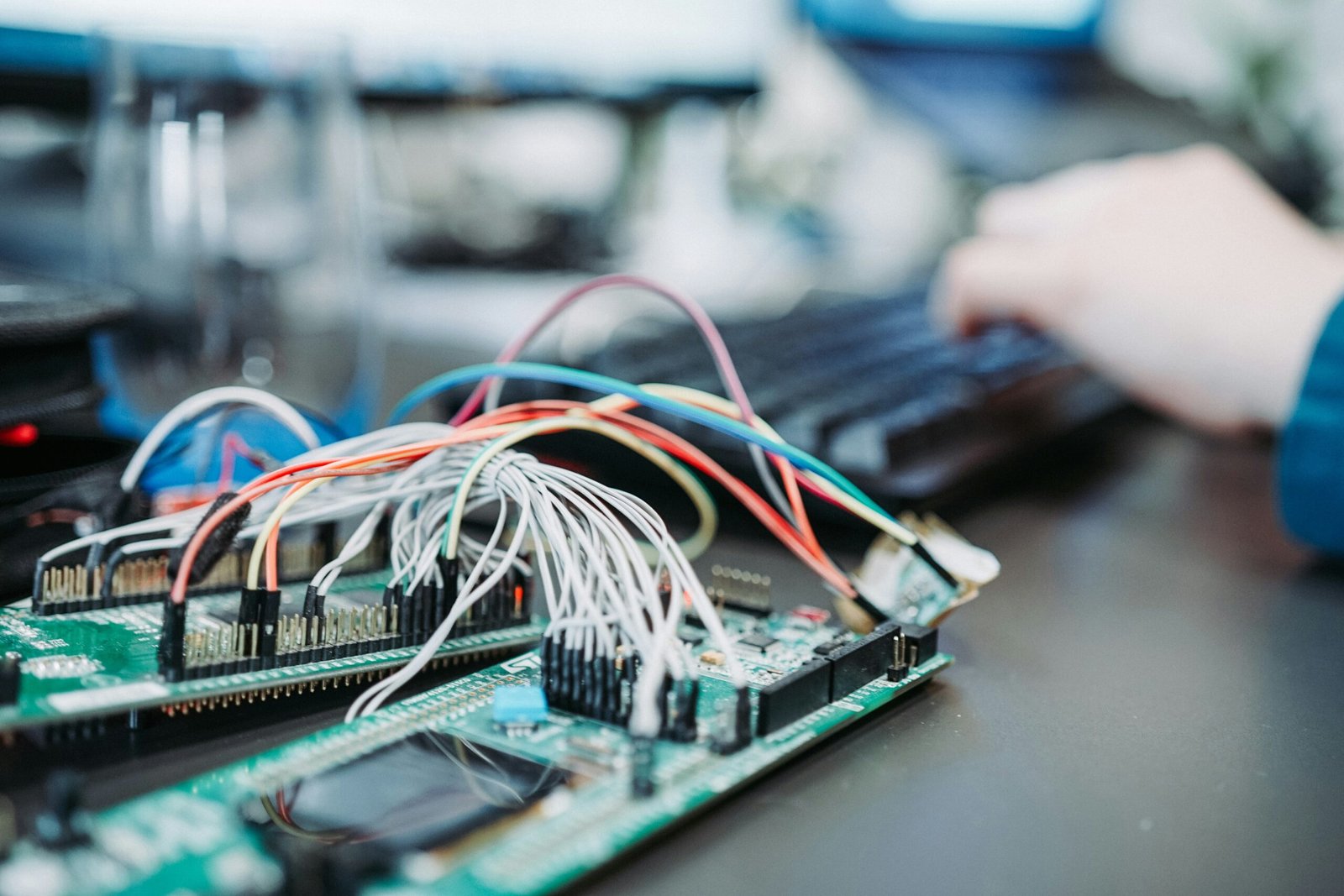Top 20 IoT Interview Questions and Answers

Introduction
The Internet of Things (IoT) has emerged as a revolutionary technology that has the potential to transform various industries. As the demand for IoT professionals continues to grow, it is essential to be well-prepared for interviews in this field. In this blog post, we will discuss the top 20 IoT interview questions and provide comprehensive answers to help you ace your IoT interviews.
1. What is IoT?
IoT refers to the network of physical devices, vehicles, appliances, and other objects embedded with sensors, software, and connectivity, enabling them to collect and exchange data. These devices are connected to the internet, allowing them to communicate and interact with each other.
2. How does IoT work?
IoT devices collect data through sensors and send it to a central server or cloud platform. The data is then analyzed and processed to derive meaningful insights. The devices can also receive commands from the server or other connected devices, enabling them to perform specific actions.
3. What are the key components of IoT?
The key components of IoT include:
- Sensors and Actuators: These devices collect data from the environment and perform actions, respectively.
- Connectivity: It allows devices to connect and communicate with each other.
- Data Processing: This involves analyzing and processing the collected data to extract valuable insights.
- Cloud Computing: It provides a platform for storing and processing IoT data.
- Security: Ensuring the privacy and security of IoT devices and data.
4. What are the challenges faced in IoT implementation?
Some common challenges in IoT implementation include:
- Security and Privacy: Protecting sensitive data and ensuring secure communication.
- Interoperability: Ensuring seamless communication between different devices and platforms.
- Scalability: Managing a large number of devices and the associated data.
- Power Consumption: Optimizing power usage for IoT devices, especially those running on batteries.
- Data Management: Handling and processing massive amounts of data generated by IoT devices.
5. What is Edge Computing in IoT?
Edge computing refers to the process of performing data processing and analysis at the edge of the network, closer to the IoT devices themselves. This approach reduces latency, improves response time, and minimizes the need for constant data transmission to the cloud.
6. What is the role of Artificial Intelligence (AI) in IoT?
AI plays a crucial role in IoT by enabling intelligent decision-making and automation. AI algorithms can analyze the vast amount of data generated by IoT devices to identify patterns, make predictions, and automate processes. This helps in optimizing resource utilization and enhancing overall efficiency.
7. What are the security concerns in IoT?
Security concerns in IoT include:
- Device Authentication: Ensuring that only authorized devices can access the network.
- Data Encryption: Protecting data during transmission and storage.
- Privacy: Safeguarding user data and preventing unauthorized access.
- Firmware Updates: Ensuring that devices receive timely security updates.
- Denial of Service (DoS) Attacks: Preventing malicious attempts to overwhelm IoT systems.
8. How can IoT benefit different industries?
IoT has numerous benefits across industries:
- Healthcare: Remote patient monitoring, improved diagnostics, and efficient healthcare delivery.
- Transportation: Smart traffic management, vehicle tracking, and predictive maintenance.
- Agriculture: Precision farming, crop monitoring, and automated irrigation.
- Manufacturing: Predictive maintenance, process optimization, and supply chain management.
- Smart Homes: Energy management, home security, and automation.
Conclusion
As IoT continues to expand its reach, it is crucial to be well-prepared for interviews in this field. By familiarizing yourself with these top 20 IoT interview questions and their answers, you will be better equipped to showcase your knowledge and skills. Remember to stay updated with the latest trends and developments in IoT to stay ahead in this exciting and dynamic field.
